Lebanon is a republic located at the eastern end of the Mediterranean Sea, north of Israel and west of Syria. Most of its area is covered by the Lebanon Mountains, which run parallel to its western coast. The country’s eastern border is the Anti-Lebanon range. In between the two is the Bekaa Valley, which is Lebanon’s main agricultural area.
History of Lebanon
Until the end of World War I in 1918, Lebanon was part of the Ottoman Empire. At that point, France was given a League of Nations mandate of the country, as well as Syria. France divided the two nations in 1920. Lebanon became an independent nation in 1941, and the evacuation of French troops was completed in 1946
Lebanon’s People
The population of Lebanon is an estimated 5.8 million people. Arabic is the official language spoken in Lebanon. French, English and Armenian are also spoken here.
The vast majority of them (95 percent) are Arab, 4 percent are Armenian, and the other 1 percent are identified as “other.” A number of Christian Lebanese choose not to identify themselves as Arab, but prefer to identify as descendants of ancient Canaanites. For this reason, they prefer the term, “Phoenicians.”
Working in Lebanon
The dress code varies from one workplace to another. As a rule, appearance is very important, and casual clothing is not often worn in the office environment or in social situations. People are quite well groomed and women are “made up” when they go out, especially in a city like Beirut. If you are working in an office, men wear suits and ties and you can expect to see women wearing dresses and full make-up.
As there are many variables in everyday life in Lebanon, it’s not uncommon for appointments and meetings to be late. It’s impossible to run on a tight schedule, and very few people are punctual in their appointments.
Absenteeism, however, is not tolerated in private institutions. However, it is still a normal practice in public ones.
Religious Beliefs
Just over half of the population is Muslim (54 percent, equally divided between Sunni and Shia), Christian denominations make up 40.5 percent of the people in Lebanon( 21 percent Maronite Catholic, 8 percent Greek Orthodox, 5 percent Greek Catholic, and 6.5 percent other Christian), and Druze are 5.6 percent. There are also small numbers of Jews, Buddhists, Hindus, Mormons and Baha’is in the population.
Lebanese Cuisine
Lebanese food includes a number of starches, fruits, vegetables, whole grains, fresh fish and seafood. Poultry is included more often than red meat, and when meat is prepared it is most often lamb for coastal dwellers and goat for those living in the mountain regions.
Baking, grilling or sautéing using olive oil are common cooking methods. Cream or butter are rarely used except for a few desserts. Vegetables may be eaten raw, cooked or pickled.
Fresh fruits are often served at the end of a meal, but they are not considered a dessert like baklava (a sweet pastry made with several layers of filo filled with chopped nuts and sweetened with either honey or syrup). Other examples of Lebanese dishes are:
- Falafel – small, deep-fried patties made from spiced ground chickpeas
- Fried eggplant
- Fried cauliflower
- Kousa Mahsi – stuffed zucchini
- Labneh – strained yogurt, can be used as a spread, garnished with olive oil and sea salt
- Samkeh Harra – grilled fish, marinated with citrus, chill and cilantro
- Shawarma – marinated chicken or lamb that is skewered on large rods and cooked slowly; once cooked, it is shaved and placed on 10-inch pitas with tomatoes, pickles and other condiments
Lebanon’s Economy
The services and banking sectors are the major contributors to Lebanon’s economy, and represent about 70 percent of the country’s gross national product. Agriculture is responsible for about 10 percent, and the industrial sector makes up the remaining 20 percent.
Travel to Lebanon
Lebanon is strategically placed to welcome tourists. It offers a mild climate, snow-capped mountains, valleys and the Mediterranean Sea. The international tourism industry is quite well developed in this country.
This is the only country in the Arab world where you can go skiing and enjoy winter sports. The largest ski resort in Lebanon, Mzaar Kfardebian, is only an hour away from Beirut. It features a five-star luxury hotel, as well as activities year-round.
Lebanon is also home to a number of beach clubs and resorts. If you enjoy spending time in the sun, you can visit during the summer season to enjoy a dip in the sea and enjoy the sandy beaches, the majority of which are private.
Before you visit Lebanon, either as a tourist or for business, take the time to learn how to speak Arabic. You’ll find it easier to communicate, and the local population will appreciate your efforts. At London Arabic Tuition, you can get an individualized course of study designed to meet your specific needs. Contact us today and we’ll help you get started!
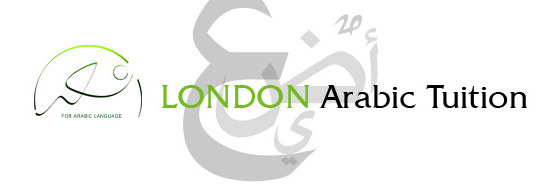
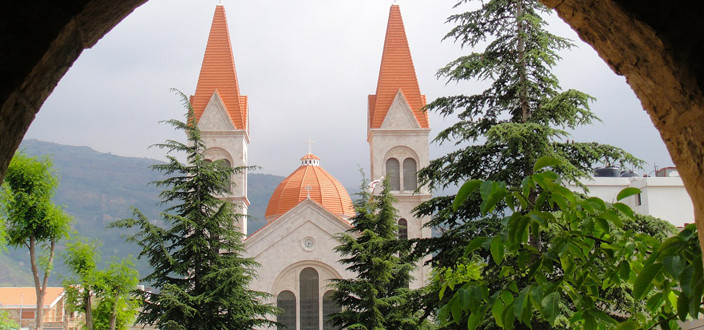
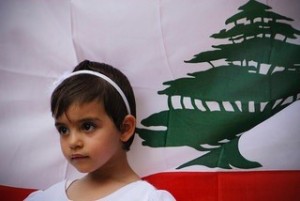
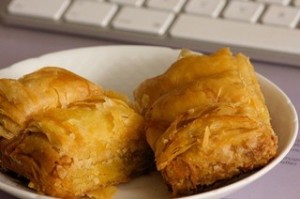

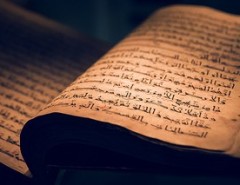
Leave a Reply
You must be logged in to post a comment.